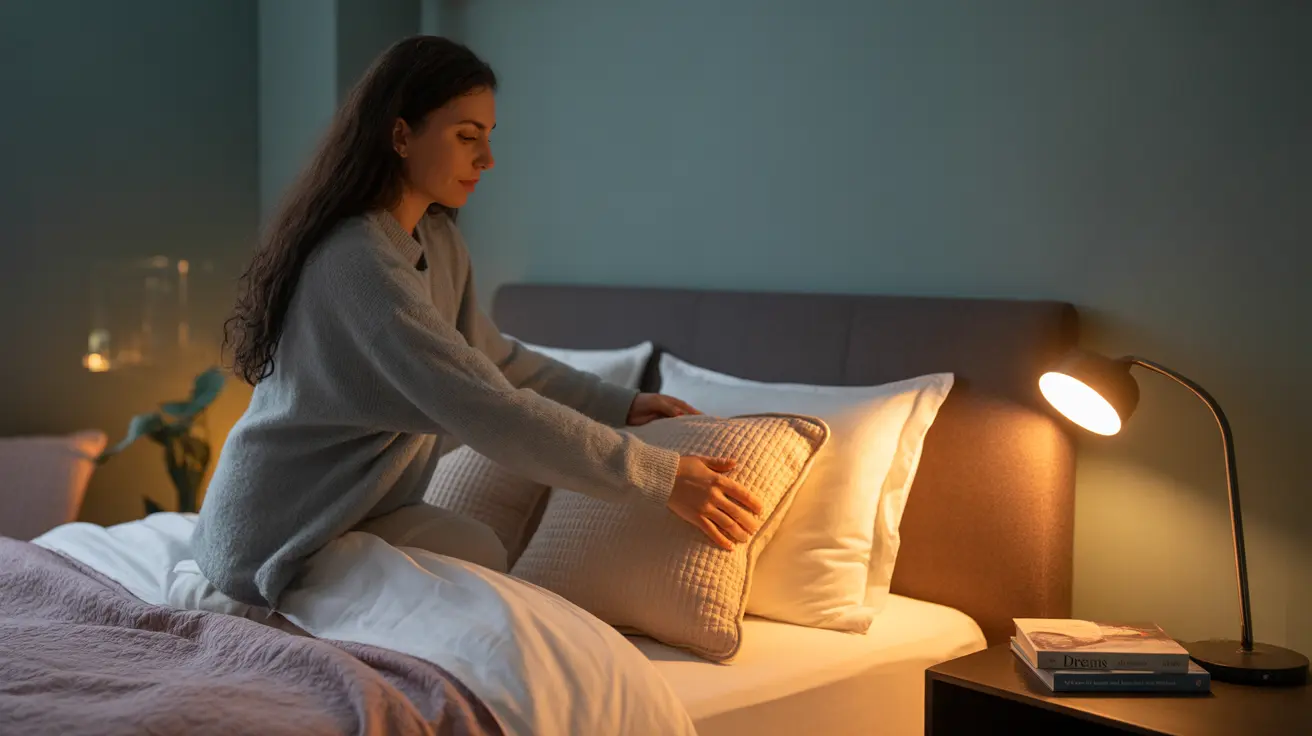In recent months, the concept of "sleepmaxxing" has gained significant attention as people seek ways to maximize their sleep quality and overall well-being. While the desire to optimize sleep is commendable, it's essential to approach these practices with a balanced, evidence-based perspective that prioritizes both effectiveness and safety.
This comprehensive guide will explore the world of sleepmaxxing, examining which practices are supported by science and which ones deserve careful consideration or should be avoided altogether. We'll focus on sustainable approaches that can genuinely improve your sleep quality without risking your health.
Understanding Sleepmaxxing: Benefits and Potential Risks
Sleepmaxxing encompasses various techniques and lifestyle modifications aimed at optimizing sleep quality and duration. While some of these practices are grounded in sleep science, others may be trending on social media without substantial scientific backing.
Evidence-Based Sleep Optimization Techniques
Research-supported practices for better sleep include:
- Maintaining a consistent sleep schedule
- Creating an optimal sleep environment (cool, dark, quiet)
- Limiting blue light exposure before bedtime
- Practicing relaxation techniques
- Following a regular exercise routine
- Managing stress through mindfulness
Controversial Sleepmaxxing Practices
Some trending but potentially risky practices include:
- Mouth taping
- Excessive supplement use
- Extreme temperature exposure
- Obsessive sleep tracking
Creating a Safe Sleepmaxxing Routine
The key to successful sleep optimization lies in developing sustainable habits that work with your body's natural circadian rhythm. Focus on establishing a consistent bedtime routine that includes:
- Setting a regular sleep and wake schedule
- Creating a relaxing pre-bed ritual
- Optimizing your bedroom environment
- Managing stress and anxiety
- Maintaining healthy daytime habits
The Role of Technology in Sleep Optimization
While sleep tracking devices can provide valuable insights, it's important to use them mindfully. Focus on trends rather than daily fluctuations, and avoid becoming overly anxious about perfect scores or metrics.
When to Seek Professional Help
If you're experiencing persistent sleep issues, it's crucial to consult healthcare professionals rather than relying solely on sleepmaxxing techniques. Signs that indicate you should seek medical advice include:
- Chronic insomnia
- Sleep apnea symptoms
- Excessive daytime sleepiness
- Anxiety about sleep that affects daily life
- Unusual sleep behaviors or patterns
Frequently Asked Questions
What are the most effective sleepmaxxing tips to improve sleep quality safely?
The most effective and safe sleepmaxxing practices include maintaining a consistent sleep schedule, optimizing your sleep environment, practicing good sleep hygiene, and managing stress through evidence-based techniques like meditation and gentle exercise.
Can sleepmaxxing practices like mouth taping or supplements be harmful to my health?
Yes, certain sleepmaxxing practices can be harmful. Mouth taping poses potential breathing risks, while unregulated supplement use can lead to dependency or adverse effects. Always consult healthcare providers before trying new sleep interventions.
How can I avoid becoming obsessed or anxious about tracking my sleep while trying sleepmaxxing?
Focus on general trends rather than daily numbers, limit checking sleep data to once daily, and remember that natural sleep variation is normal. If sleep tracking causes anxiety, consider taking a break or focusing on how you feel rather than metrics.
What evidence-based routines and environmental changes support better sleep according to experts?
Experts recommend maintaining a cool, dark, and quiet bedroom environment, following a consistent sleep schedule, limiting screen time before bed, and practicing relaxation techniques. Regular exercise and healthy eating habits also contribute to better sleep quality.
When should I seek medical advice instead of relying on sleepmaxxing trends for sleep problems?
Seek medical attention if you experience persistent insomnia, symptoms of sleep apnea, excessive daytime sleepiness, or if sleep problems significantly impact your daily life. Professional guidance is essential for addressing underlying sleep disorders.




